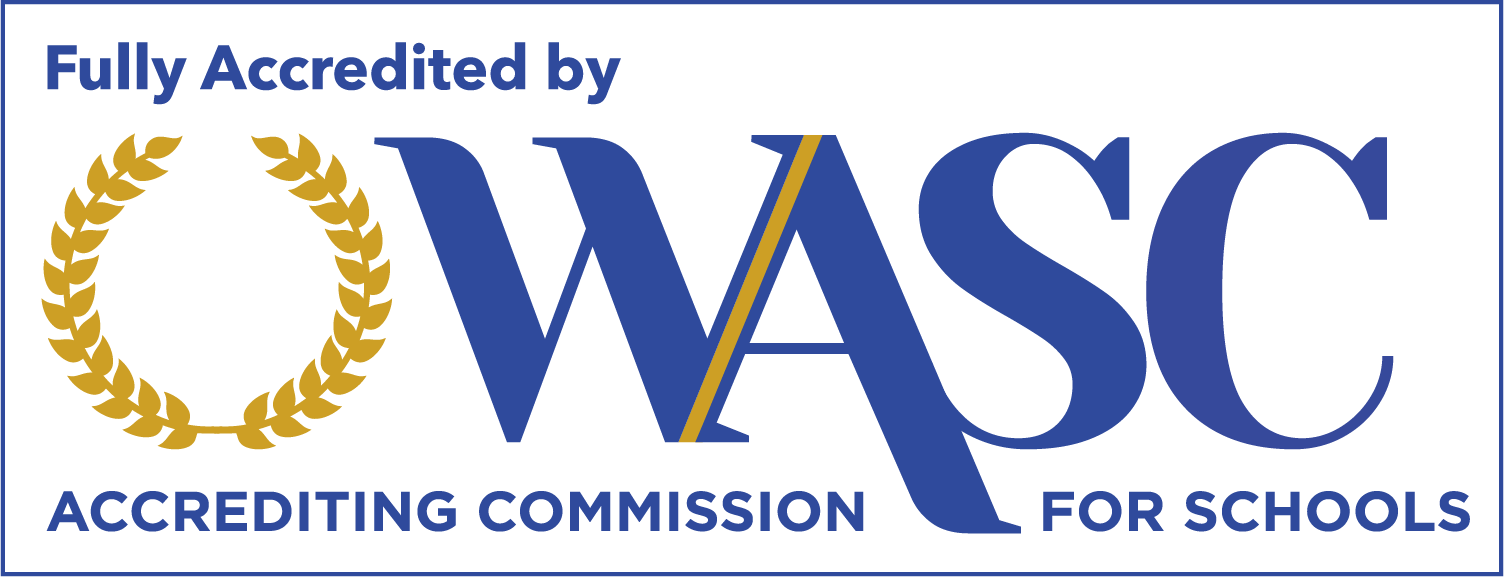Navigating the Maze: A Parent’s Guide to Understanding Dyslexia Testing Options
Navigating the complexities of dyslexia, a learning difference that affects reading and related language-based processing skills can be daunting for parents.
Recognizing the signs early on is pivotal, from a child’s struggle to match letters with sounds to difficulties in word recognition or decoding.
When these challenges persist, taking steps to confirm a diagnosis becomes imperative.
Parents with knowledge of testing processes and interpreting outcomes can better advocate for their child’s educational needs.
Keep reading to gain insight into unraveling the challenge of testing a child for dyslexia, ensuring a supportive journey ahead.
Understanding Dyslexia and Its Symptoms
Embarking on the journey to understand dyslexia presents a mosaic of challenges and revelations, notably for parents observing their child’s academic and developmental progress.
Dyslexia, a common learning difficulty, affects how individuals process language, with potential impacts stretching across reading, writing, and verbal communication.
Recognition of dyslexia’s indicators often manifests through a child’s interaction with literacy tasks and their distinctive learning profile.
As such, detecting the early signs of this learning divergence is a critical stride toward securing appropriate educational support.
Assessing how dyslexia influences a child’s overall learning trajectory and personal development is imperative, empowering parents to advocate for their child’s unique needs and fostering an environment conducive to their success.
Recognizing the Early Signs in Children
Parents often notice the first inklings of dyslexia as their child commences formal education, where an unexpected struggle with letter recognition, decoding simple words, and an aversion to reading activities may surface. These early warning signs, distinct yet sometimes subtly interwoven into a young learner’s daily educational experiences, call for vigilant observation and prompt action to address potential learning obstacles.
How Dyslexia Affects Learning and Development
A child’s encounter with dyslexia is not confined merely to reading or spelling; it sends ripples across all learning and cognitive development. Dyslexia can result in pronounced difficulties with organization, memorization, and even managing time, all skills imperative for academic achievement and daily life functionality. The condition’s complexity demands an approach tailored to each child’s unique profile, ensuring they receive the support necessary to thrive inside and outside the classroom.
When to Seek a Professional Evaluation for Dyslexia
Embarking on behavioral nuances that deviate from typical learning patterns, parents are often confronted with the pivotal decision to pursue a professional evaluation for dyslexia.
The window for testing is not predetermined and can hinge on a myriad of developmental indicators that suggest a child might be struggling with the intricacies of language in a manner that is distinctive to dyslexia.
With a discerning eye on these key markers, guardians can initiate timely assessments, unlocking the door to tailored interventions and support systems.
Identifying the optimal interval for a dyslexia evaluation can transform the educational experience for a young learner, guiding families through informed decisions and successful educational planning.
Identifying the Right Time for Testing
Determining the appropriate time for dyslexia testing is often likened to threading a needle, where precision is paramount. Despite adequate instruction and support, parents may be concerned that their child is exhibiting persistent challenges in specific areas, such as reading, writing, or speech. It is essential not to overlook the possibility of dyslexia, particularly if these difficulties impede academic growth or dampen a child’s self-esteem.
Key Indicators That Your Child May Need Help
Detecting the subtle nuances that indicate the need for professional dyslexia testing in a child requires astute attention to their behavioral patterns:
| Indicator | Description | Impact on Child |
|---|---|---|
| Delayed Speech | Struggles with articulating words or forming coherent sentences. | May hinder effective communication and social interaction. |
| Difficulty in Phonological Processing | Challenges with isolating sounds and syllables in words. | Can affect reading development and spelling accuracy. |
| Chronic Confusion with Letters and Sequences | Frequently mixes up letters or numbers and struggles to remember sequences. | Leads to difficulties in learning to read and decode words. |
| Aversion to Reading | Displays an intense reluctance to read aloud or engage in reading activities. | Potentially erodes confidence and academic performance. |
When a child consistently exhibits difficulties in these areas despite quality instruction, parents may consider it a signal to pursue professional assessment for dyslexia.
Choosing the Correct Type of Dyslexia Assessment
Selecting the most suitable diagnostic test for dyslexia is a critical step for parents armed with the resolve to understand and leverage their child’s unique learning landscape.
A dyslexia diagnosis includes various testing procedures, and distinguishing between the array of assessments – screenings, formal evaluations, and comprehensive assessments – is a task that demands a clear understanding of dyslexia.
Overview of Common Diagnostic Tests for Dyslexia
Navigating the realm of dyslexia testing entails discerning between various tools designed to unravel the educational experience of a child with this learning difference. Screenings offer a preliminary glimpse, whereas formal evaluations and comprehensive assessments delve deeper, articulating a detailed map of a learner’s linguistic abilities and potential dyslexic tendencies.
| Type of Test | Purpose and Focus | Scope of Diagnosis |
|---|---|---|
| Screenings | Provides an initial indication of potential dyslexia, primarily used as a prompt for further examination. | Broad, identifies risk level rather than definitive diagnosis. |
| Formal Evaluations | Assesses specific areas of concern, usually conducted by a specialist to explore literacy skills, cognitive abilities, and processing. | Targeted, furnishes a diagnosis with a moderate level of detail. |
| Comprehensive Assessments | Extensive examination of language and learning skills, performed by a multidisciplinary team for a holistic understanding. | Detailed, results in a nuanced, individualized profile of strengths and challenges. |
Differences Between Screenings, Formal Assessments, and Evaluations
Understanding the distinctions between screenings, formal assessments, and comprehensive evaluations is essential for parents navigating the path to a dyslexia diagnosis for their child. Screenings act as a preliminary step, signaling the need for further investigation, while formal assessments delve into particular areas of concern with more focus. Comprehensive evaluations represent the most thorough form, synthesizing input to construct a complete profile of the child’s strengths and learning challenges.
- Screenings serve as an initial checkpoint, flagging potential dyslexia for additional analysis.
- Formal assessments hone in on explicit literacy and cognitive attributes under the guidance of a specialist.
- Comprehensive evaluations involve a detailed battery of tests, orchestrated by a multidisciplinary team for a full-spectrum view of the child’s learning profile.
Preparing Your Child for the Testing Process
Awareness and preparation are key elements that contribute to successfully navigating dyslexia testing for any child.
Thorough groundwork can ease a child’s apprehensions and lay a solid foundation for the most accurate assessment.
Parents armed with strategies to alleviate anxiety and knowledge of what the actual day of testing entails, position their children for a seamless, less stressful experience.
This preparation is a testament to the loving foresight parents can offer as they stand alongside their child at the assessment threshold.
Strategies to Ease Anxiety Before Assessment
To mitigate a child’s apprehension before dyslexia testing, parents should strive to communicate the process positively and reassuringly: this includes normalizing the experience as a helpful step in understanding how their unique mind works. By preparing them for the sequence of events calmly and factually, assuaging fears becomes a natural outcome of careful preparation.
- Discuss the purpose and benefits of the testing in accessible language, reinforcing the idea that this is a journey towards empowerment and support.
- Introduce the child to the types of activities they may encounter during the assessment to foster a sense of familiarity with the process.
- Encourage open dialogue for any questions or concerns they might have, offering ample opportunities for them to voice their thoughts and feelings.
What to Expect on the Day of Testing
On the day of dyslexia testing, children can expect a series of evaluations designed to diagnose specific learning profiles under the guidance of qualified assessors. The process is structured to create a comfortable environment where the child’s reading, writing, spelling, comprehension, and phonological processing are meticulously explored. Parents can rest assured that their child will receive patient attention, allowing for breaks to ensure they remain engaged and not overwhelmed by the experience.
Interpreting Test Results and Next Steps
Once the evaluations are concluded, parents face the critical task of deciphering their child’s testing outcomes, where scores and terminology converge to form a narrative of the child’s learning capabilities.
Interpreting detailed reports requires an understanding of specialized vocabulary and translating numerical scores into meaningful insights regarding a child’s reading and learning aptitude.
This proficient analysis forms the bedrock for making strategic decisions about interventions, curriculum adjustments, and possibly rethinking the child’s educational approach.
As guardians parse through this new data, they embark upon a journey to align these findings with possible pathways forward, promoting their child’s learning and growth.
Decoding Scores and Terminology in Test Reports
Understanding the nuances within the assessment report is crucial; it involves decoding numerical information to comprehend the learning patterns of a child’s academic experience. Parents need to familiarize themselves with the terms often used in dyslexia diagnostic reports, such as ‘phonemic awareness’, ‘decoding skills’, and ‘orthographic processing’, and understand how their child’s scores compare with typical benchmarks:
| Term | Definition | Relevance to Dyslexia |
|---|---|---|
| Phonemic Awareness | Ability to recognize and manipulate individual sounds in words. | Indicates how well a child can analyze and assemble sounds, a fundamental skill dyslexia affects. |
| Decoding Skills | Capacity to interpret written language by sounding out letters and words. | Essential for reading fluency; weaknesses here may signal dyslexia. |
| Orthographic Processing | Recognition of word patterns and the ability to store and recall these patterns. | Difficulties with this skill can affect spelling and reading comprehension, common challenges for those with dyslexia. |
This guide, “Dyslexia Testing Demystified: A Parent’s Guide,” provides an invaluable resource for parents navigating the complexities of dyslexia diagnosis and support.
It emphasizes the significance of early detection and the role of parents in recognizing the hallmarks of dyslexia in their child’s behavior, such as delayed speech and difficulty with phonological processing.
The guide outlines the differences between screenings, formal assessments, and comprehensive evaluations, ensuring parents can choose the right type of testing for their child’s needs.
Moreover, it offers practical advice on preparing children for testing, reducing anxiety, and approaching the testing day.
Crucially, this guide aids in interpreting test results, shedding light on the technical terminology, and supporting parents in making informed decisions for their child’s educational journey.
Take charge of your child’s educational journey by arming yourself with the knowledge to navigate the complexities of dyslexia testing by contacting us today.




